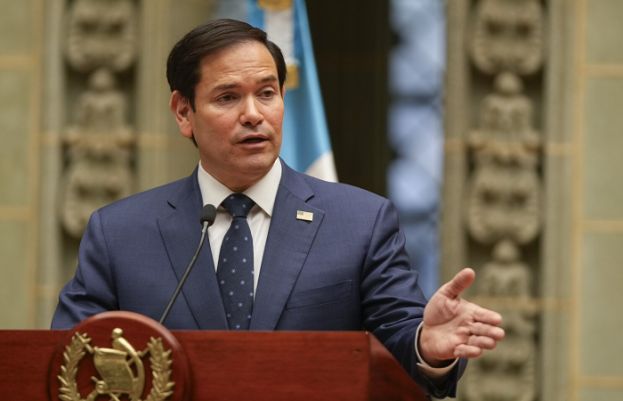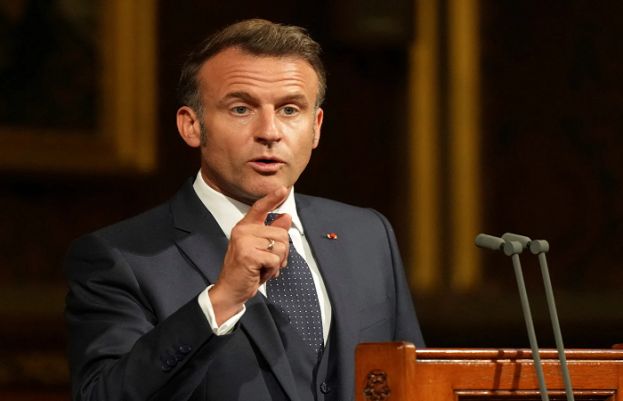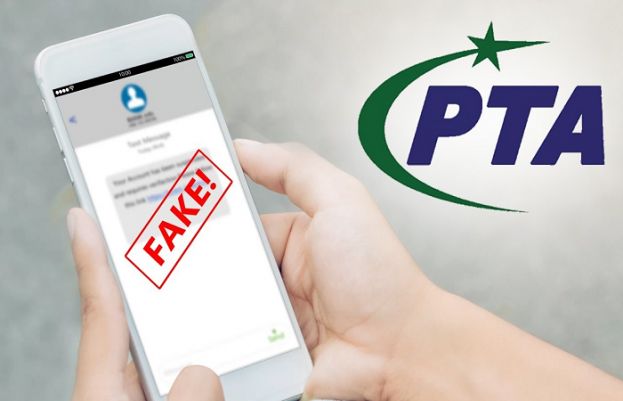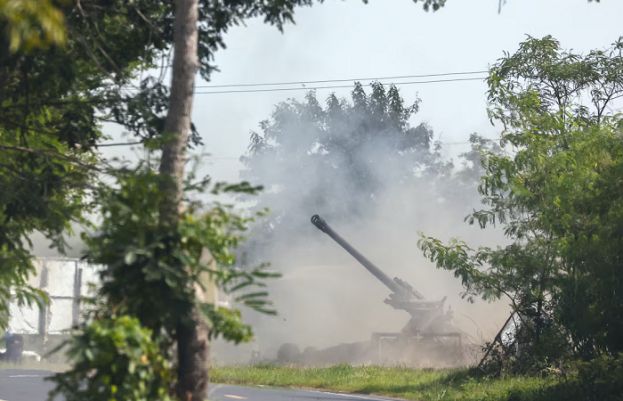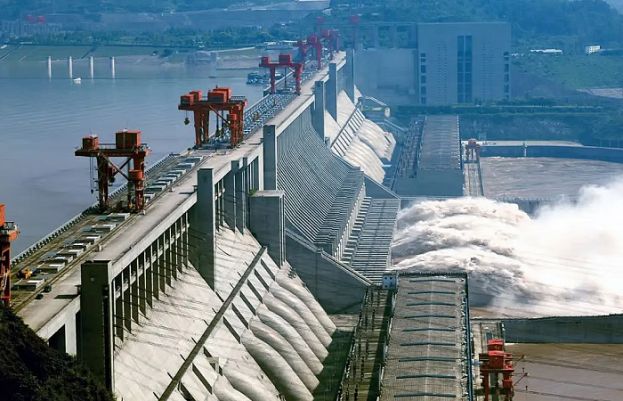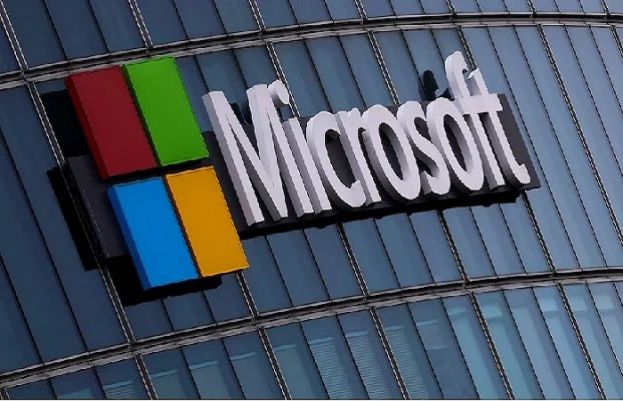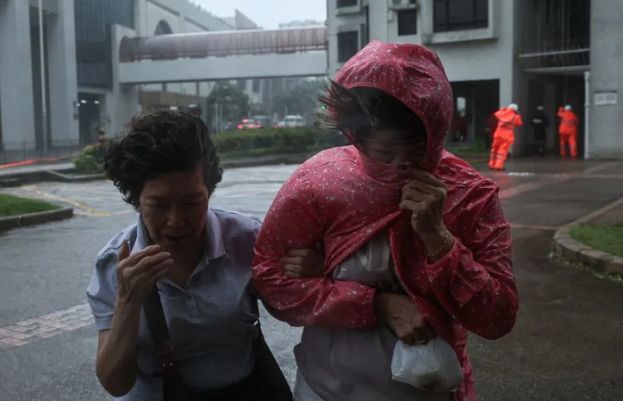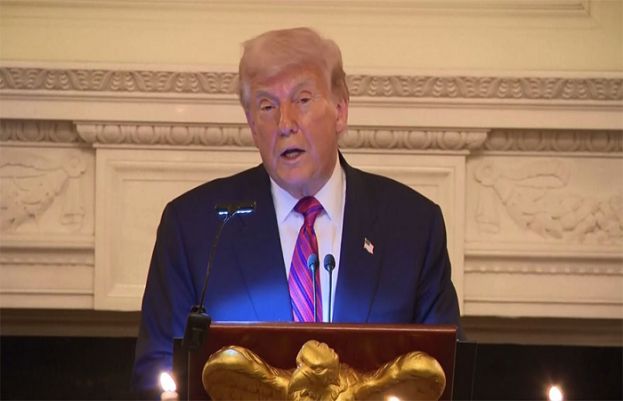
Part of a broader push to overhaul global trade practices, the new measures place Pakistan among 69 nations facing US tariffs between 10% and 41%, effective next week.
Trump stated the tariffs aim to address unfair trade imbalances and safeguard America’s economic and national security interests.
Trump released an executive order listing higher import duty rates of 10% to 41% starting in seven days for 69 trading partners as the 12:01 am EDT (0401 GMT) deadline approached.
Some of them had reached tariff-reducing deals, and some had no opportunity to negotiate with his administration.
The order said that goods from all other countries not listed in an annex would be subject to a 10% US tariff rate.
Trump's order stated that some trading partners, “despite having engaged in negotiations, have offered terms that, in my judgement, do not sufficiently address imbalances in our trading relationship or have failed to align sufficiently with the United States on economic and national-security matters.”
Trump issued a separate order for Canada that raises the rate on Canadian goods subject to fentanyl-related tariffs to 35% from 25% previously, saying Canada had “failed to cooperate” in curbing fentanyl flows into the US.
The higher tariffs on Canadian goods contrasted sharply with Trump’s decision to grant Mexico a 90-day reprieve from higher tariffs of 30% on many goods to provide more time to negotiate a broader trade pact.
A US official told reporters that more trade deals were yet to be announced as Trump’s higher “reciprocal” tariff rates were set to take effect.
“We have some deals,” the official said. “And I don’t want to get ahead of the President of the United States in announcing those deals.”
Regarding the steep tariffs on goods from Canada, the second largest US trading partner after Mexico, the official said that Canadian officials “haven’t shown the same level of constructiveness that we’ve seen from the Mexican side.”
The extension for Mexico avoids a 30% tariff on most Mexican non-automotive and non-metal goods compliant with the US-Mexico-Canada Agreement on trade and came after a Thursday morning call between Trump and Mexican President Claudia Sheinbaum.
“We avoided the tariff increase announced for tomorrow,” Sheinbaum wrote in an X social media post, adding that the Trump call was “very good.”
Approximately 85% of US imports from Mexico comply with the rules of origin outlined in the USMCA, shielding them from 25% tariffs related to fentanyl, according to Mexico’s economy ministry.
Trump said the US would continue to levy a 50% tariff on Mexican steel, aluminium and copper, and a 25% tariff on Mexican autos and on non-USMCA-compliant goods subject to tariffs related to the US fentanyl crisis.
“Additionally, Mexico has agreed to immediately terminate its Non Tariff Trade Barriers, of which there were many,” Trump said in a Truth Social post without providing details.
Korea deal, India discord
South Korea agreed on Wednesday to accept a 15% tariff on its exports to the US, including autos, down from a threatened 25%, as part of a deal that includes a pledge to invest $350 billion in US projects to be chosen by Trump.
But goods from India appeared to be headed for a 25% tariff after talks bogged down over access to India’s agriculture sector, drawing a higher-rate threat from Trump that also included an unspecified penalty for India’s purchases of Russian oil.
Although negotiations with India were continuing, New Delhi vowed to protect the country’s labour-intensive farm sector, triggering outrage from the opposition party and a slump in the rupee.
Trump’s rollout of higher import taxes on Friday comes amid more evidence they have begun driving up consumer goods prices.
Commerce Department data released Thursday showed prices for home furnishings and durable household equipment jumped 1.3% in June, the biggest gain since March 2022, after increasing 0.6% in May.
Recreational goods and vehicles prices rose 0.9%, the most since February 2024, after being unchanged in May. Prices for clothing and footwear rose 0.4%.













